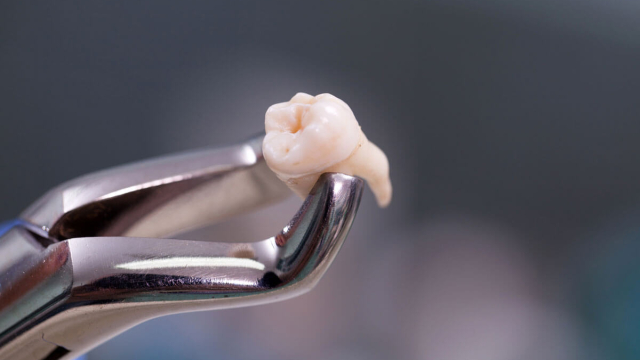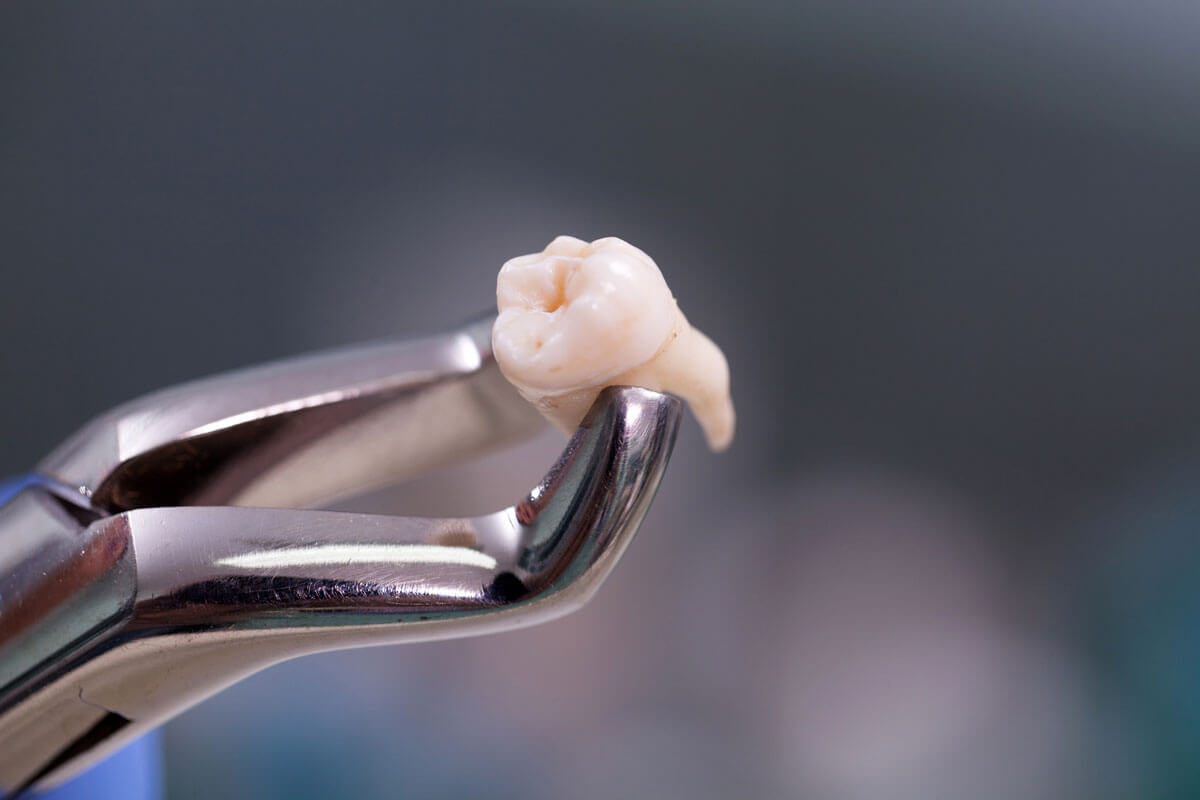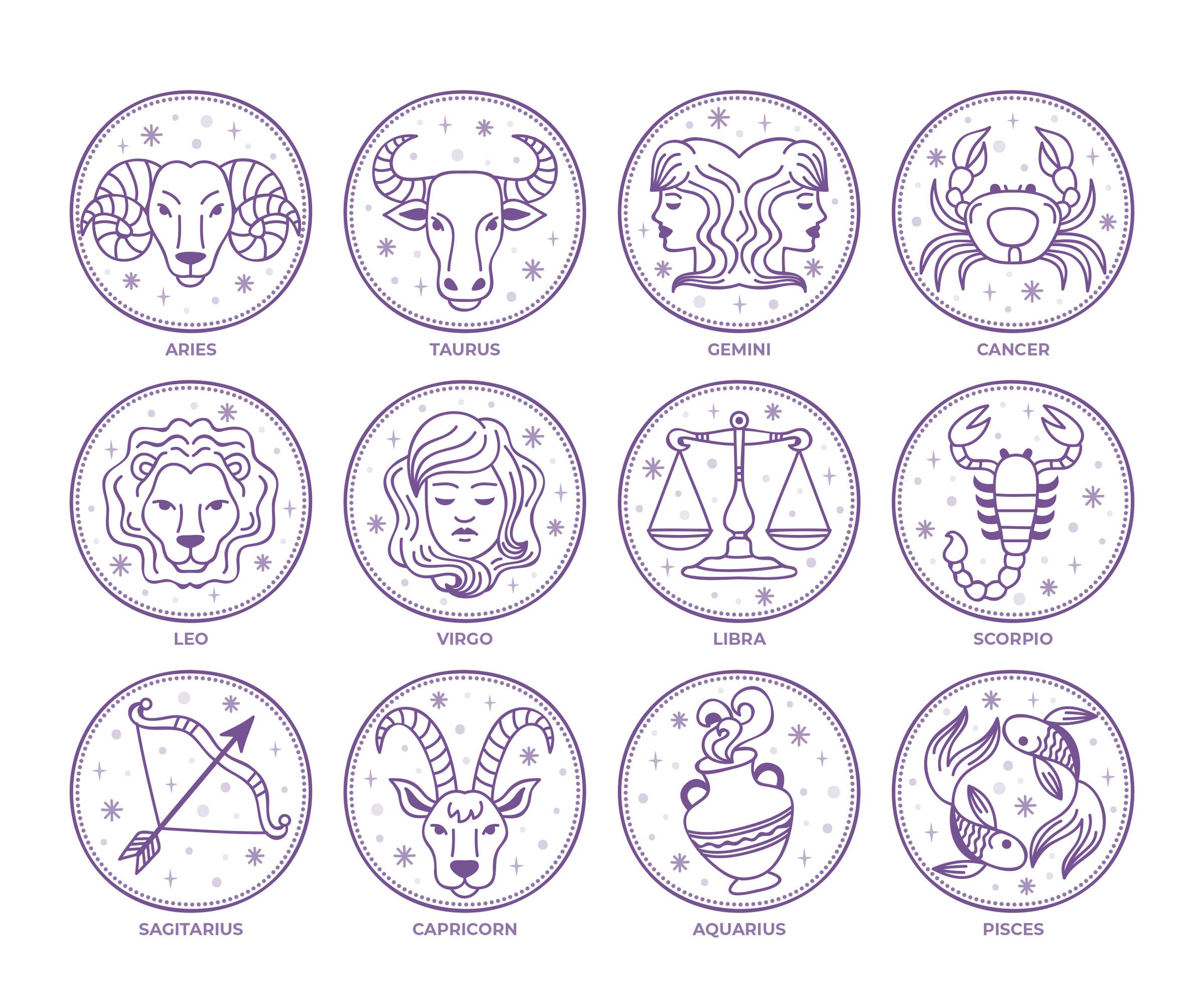Wisdom tooth removal is one of the most common dental procedures performed worldwide. Also known as third molars, wisdom teeth typically emerge between the ages of 17 and 25. While some people experience no issues with their wisdom teeth, others may face discomfort, infection, or crowding—making removal necessary. This article explores why wisdom teeth are removed, how the procedure works, and what to expect during recovery.
What Are Wisdom Teeth?
Wisdom teeth are the last set of molars located at the back of the mouth. In early human history, they helped grind coarse foods like roots, nuts, and raw meat. However, as human diets and jaw sizes evolved, these extra teeth became less essential. Today, many people have jaws too small to accommodate them comfortably, leading to problems such as impaction, crowding, and misalignment.
Why Wisdom Teeth Are Removed
Not everyone needs their wisdom teeth removed, but extraction is often recommended when complications arise. Common reasons include:
1. Impaction
An impacted wisdom tooth fails to fully emerge from the gum line. It may grow at an angle, press against neighboring teeth, or remain trapped in the jawbone. This can cause pain, swelling, and even cyst formation.
2. Infection or Gum Disease
Partially erupted wisdom teeth can create a flap of gum tissue that traps food and bacteria. This increases the risk of infection, inflammation, and gum disease (pericoronitis).
3. Crowding and Tooth Damage
Wisdom teeth may push against adjacent molars, causing crowding or damage. This is especially concerning for individuals who have undergone orthodontic treatment.
4. Cavities
Due to their location at the back of the mouth, wisdom teeth are difficult to clean. As a result, they are prone to decay and cavities, which can spread to neighboring teeth.
The Removal Procedure
Wisdom tooth extraction can be performed by a general dentist or an oral surgeon, depending on the complexity of the case.
Before the Procedure
A thorough dental examination and X-rays help determine the position and condition of the wisdom teeth. The dentist will discuss anesthesia options, which may include local anesthesia, sedation, or general anesthesia.
During the Procedure
The dentist makes an incision in the gum to access the tooth. If the tooth is impacted, it may be divided into smaller sections for easier removal. Once extracted, the area is cleaned, and stitches may be placed to promote healing.
After the Procedure
Most patients can go home the same day. Gauze pads are used to control bleeding, and pain management medications are prescribed. Swelling and discomfort are common for the first few days, but these symptoms gradually subside.
Recovery and Aftercare
Proper aftercare is crucial to avoid complications and ensure a smooth recovery. Here are some key guidelines:
-
Rest: Avoid strenuous activity for at least 24 hours after surgery.
-
Ice Packs: Apply ice packs to reduce swelling.
-
Diet: Eat soft foods such as soup, yogurt, and mashed potatoes. Avoid spicy, crunchy, or hot foods.
-
Oral Hygiene: Rinse gently with salt water after 24 hours but avoid vigorous spitting or brushing near the extraction site.
-
Avoid Smoking and Alcohol: These can delay healing and increase the risk of infection.
Most people recover within a week, though complete healing of the jawbone may take several months.
Possible Complications
While complications are rare, they can occur. These include:
-
Dry Socket: Occurs when the blood clot at the extraction site dislodges, exposing the bone and causing severe pain.
-
Infection: Bacteria may enter the wound, leading to swelling, pus, or fever.
-
Nerve Damage: Temporary or permanent numbness of the lips, tongue, or chin is possible but uncommon.
Conclusion
Wisdom tooth removal is a safe and effective procedure that prevents future dental problems and maintains oral health. Understanding the reasons for extraction, the process itself, and proper aftercare can help reduce anxiety and promote faster healing. If you experience pain or swelling around your wisdom teeth, consult your dentist promptly—early intervention can make all the difference.





